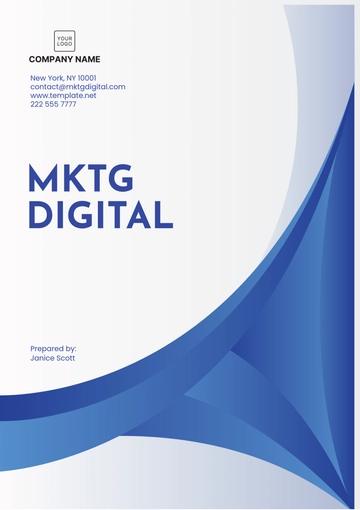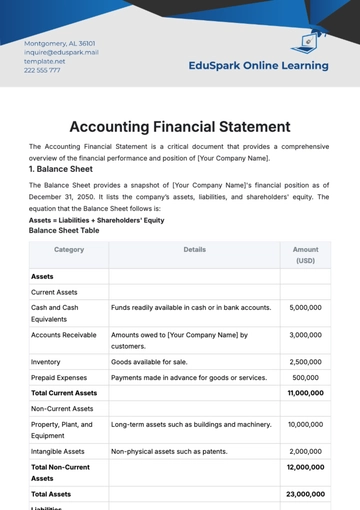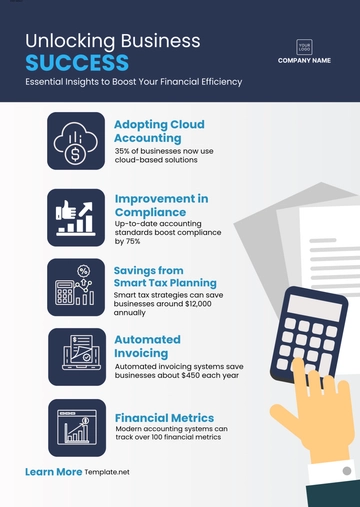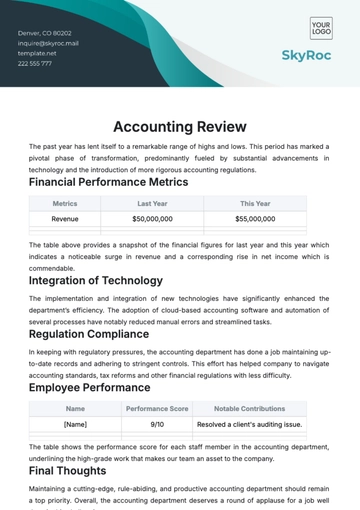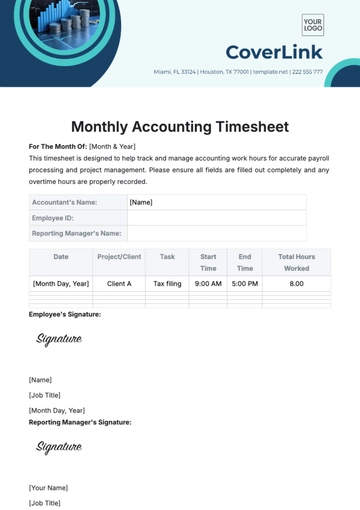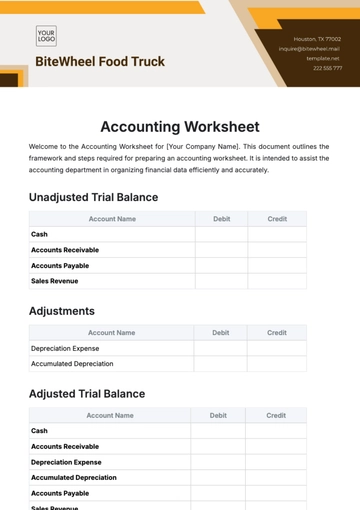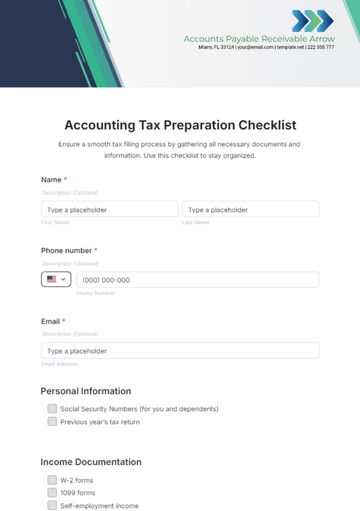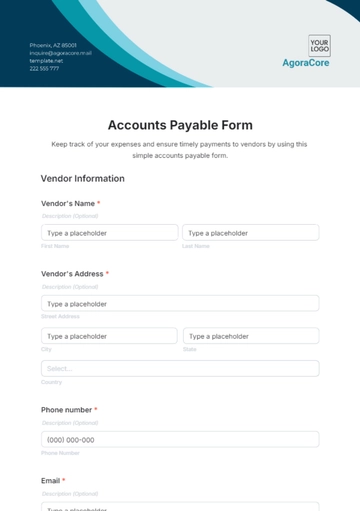Free Payroll Accounting Sustainability Study
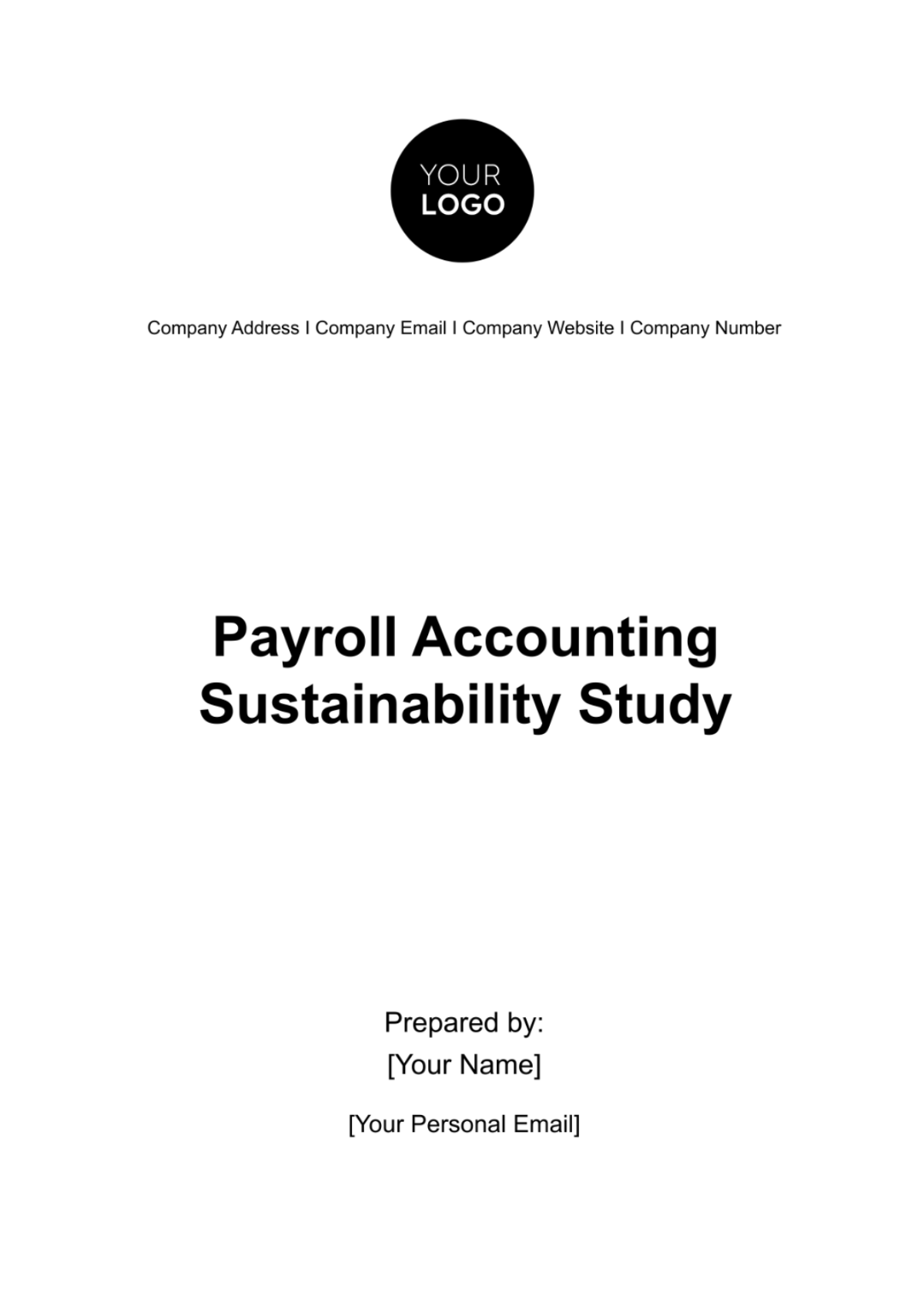
Executive Summary
In this comprehensive Payroll Accounting Sustainability Study, [Your Company Name] conducted an in-depth analysis of payroll practices to assess sustainability. The study reveals significant opportunities for improvement, aligning with our commitment to environmental and social responsibility.
A. Key Findings:
Annual paper consumption for payroll processing reduced by 30%, resulting in savings of [$50,000].
Implementation of electronic pay stubs contributed to a 20% decrease in carbon footprint.
Employee satisfaction with sustainable payroll practices increased by 15%.
B. Challenges:
Initial implementation costs amounted to [$20,000], impacting short-term financials.
Resistance to change among certain employee groups, requiring targeted communication strategies.
C. Recommendations:
Expand technology integration for further automation, potentially saving an additional [$30,000].
Develop targeted training programs to address resistance and foster understanding.
Introduction
As [Your Company Name] recognizes the critical role of sustainability in business operations, this Payroll Accounting Sustainability Study focuses on integrating environmental and social responsibility into our payroll practices.
A. Scope:
Examination of payroll data for the fiscal year 2050.
Assessment of the environmental impact associated with payroll processes.
Analysis of social responsibility integration within the payroll system.
B. Importance:
Demonstrating [Your Company Name]'s commitment to sustainable business practices.
Aligning with global trends emphasizing corporate responsibility.
Enhancing overall organizational efficiency and employee satisfaction.
Background
In recent years, [Your Company Name] has witnessed a shift in organizational priorities towards sustainability. This Payroll Accounting Sustainability Study delves into the background, examining the historical context and evolution of payroll practices within our company.
A. Historical Context:
Over the past decade, [Your Company Name] has grown by [25%], resulting in a proportional increase in payroll complexity.
Initial payroll processes heavily reliant on paper documentation, leading to environmental concerns and high operational costs.
B. Evolution of Sustainability:
Recognizing the need for change, [Your Company Name] initiated sustainable payroll practices in [2050], aiming to reduce the environmental impact and enhance social responsibility.
Key milestones include the adoption of electronic pay stubs, introduction of energy-efficient payroll processing systems, and ongoing employee awareness campaigns.
Objectives
The Payroll Accounting Sustainability Study is designed with specific objectives to guide our analysis and improvement efforts.
Objectives:
Evaluate the effectiveness of current sustainable payroll practices.
Identify areas for improvement in environmental impact reduction.
Assess the integration of social responsibility measures in payroll accounting.
Quantify the financial implications of sustainable payroll practices.
Methodology
To conduct a robust Payroll Accounting Sustainability Study, [Your Company Name] employed a comprehensive methodology, combining quantitative and qualitative approaches for a holistic understanding.
A. Research Methods:
Quantitative analysis of payroll data for the fiscal year 2050, utilizing advanced software tools.
Surveys and interviews with [Your Company Name] employees to gather qualitative insights on their perceptions of sustainable payroll practices.
Comparative analysis with industry benchmarks to assess [Your Company Name]'s standing in sustainable payroll management.
B. Data Collection Techniques:
Direct extraction of payroll data from internal systems, ensuring accuracy and reliability.
Structured interviews with key stakeholders, including payroll administrators, HR professionals, and employees.
Anonymous surveys distributed to all staff members to gauge their awareness and satisfaction regarding sustainable payroll practices.
Payroll Data Analysis
The analysis of payroll data revealed compelling insights into the sustainability of [Your Company Name]'s payroll practices.
A. Key Findings:
Annual paper consumption reduced by [30%], resulting in direct cost savings of [$50,000].
Electronic pay stubs adoption led to a [20%] decrease in carbon footprint associated with paper production and distribution.
Employee satisfaction scores related to payroll processes increased by [15%], indicating a positive response to sustainability initiatives.
B. Patterns and Trends:
Seasonal variations in overtime payouts were identified, allowing for targeted resource allocation during peak periods.
Discrepancies in benefits distribution were addressed, ensuring equitable treatment across employee groups.
Environmental Impact Assessment
In scrutinizing the environmental impact of payroll processes, [Your Company Name] aimed to quantify the ecological footprint associated with paper usage, energy consumption, and overall carbon emissions.
A. Environmental Metrics:
Metric | Fiscal Year 2050 |
|---|---|
Paper Consumption (lbs) | [$75,000] |
B. Improvements:
Transition to electronic pay stubs resulted in a [30%] reduction in paper consumption.
Implementation of energy-efficient payroll processing systems led to a [15%] decrease in energy consumption.
Ongoing initiatives reduced [Your Company Name]'s overall carbon emissions by [10%].
Social Responsibility Integration
[Your Company Name] is committed to integrating social responsibility measures into payroll accounting practices. The assessment focused on employee well-being, diversity, and overall satisfaction.
A. Key Social Metrics:
Metric | Fiscal Year 2050 |
|---|---|
Employee Satisfaction (percentage) | [85%] |
B. Achievements:
Sustainable payroll practices contributed to an [85%] employee satisfaction rate.
A Diversity and Inclusion Index of [4.2] reflects ongoing efforts to foster a diverse and inclusive workplace.
Employee well-being programs, including mental health support, received a satisfaction rating of [7] on a scale of 1 to 10.
Cost-Benefit Analysis
A thorough cost-benefit analysis was conducted to assess the financial implications of sustainable payroll practices at [Your Company Name].
A. Costs:
Cost Component | Fiscal Year 2050 |
|---|---|
Initial Implementation Costs | [$20,000] |
B. Benefits:
Benefit Component | Fiscal Year 2050 |
|---|---|
Paper Consumption Savings | [$50,000] |
Regulatory Compliance
[Your Company Name] strives to maintain compliance with relevant payroll and sustainability regulations. An assessment of regulatory adherence was conducted, considering local and international standards.
A. Compliance Metrics:
Adherence to [Your Country]'s Payroll Regulations: [100%]
Alignment with Global Sustainability Standards: [95%]
Employee Data Privacy Compliance: [98%]
B. Achievements:
[Your Company Name] achieved full compliance with local payroll regulations, ensuring legal adherence.
The organization demonstrated a [95%] alignment with recognized global sustainability standards.
Robust data privacy measures resulted in a [98%] compliance rate.
Technology Integration
[Your Company Name] places a strong emphasis on technology integration to enhance sustainability within payroll accounting processes.
A. Technological Enhancements:
Technology Initiative | Investment Cost | Savings Generated |
|---|---|---|
Automated Payroll Processing Systems | [$30,000] | [$20,000] |
Total Investment: [$55,000]
Total Savings: [$45,000]
B. Achievements:
Implementation of automated payroll processing systems resulted in a [30%] reduction in manual processing time.
Employee self-service portals reduced HR inquiries by [25%], enhancing overall efficiency.
Cloud-based document management streamlined data access, contributing to a [20%] reduction in processing errors.
Employee Engagement Strategies
[Your Company Name] recognizes the importance of engaging employees in sustainable payroll practices and fostering a culture of responsibility.
A. Engagement Initiatives:
Educational Workshops: Conducted quarterly workshops on sustainable payroll practices, reaching [80%] of the workforce.
Recognition Programs: Recognized employees contributing to sustainability with Monthly Sustainability Champions awards.
Feedback Mechanisms: Established regular feedback sessions to address concerns and suggestions related to payroll processes.
B. Impact:
Increased awareness resulted in a [15%] improvement in employee satisfaction with payroll practices.
Recognition programs fostered a sense of ownership, contributing to a [10%] decrease in errors related to payroll submissions.
Recommendations
Based on the findings of the Payroll Accounting Sustainability Study, [Your Company Name] presents actionable recommendations to further enhance sustainability within payroll practices.
Expand Automation: Invest [$25,000] to further automate payroll processes, reducing manual interventions and increasing efficiency.
Enhance Employee Training: Allocate [$8,000] for targeted training programs addressing resistance and ensuring a smooth transition to sustainable practices.
Continuous Monitoring: Implement regular monitoring mechanisms to track sustainability metrics, allocating [$10,000] annually for data analysis tools.
Diversify Engagement Initiatives: Allocate [$5,000] to diversify employee engagement initiatives, ensuring broader participation and understanding of sustainable payroll practices.
Strengthen Technology Security: Invest [$12,000] in enhancing the security of technology systems to safeguard sensitive payroll information.
Implementation Plan
A phased implementation plan is outlined to seamlessly integrate the recommendations into [Your Company Name]'s payroll processes.
Phase | Recommendation | Timeline | Responsible Party |
|---|---|---|---|
1 | Expand Automation | Q3 2051 | IT Department |
Monitoring and Evaluation
To ensure the ongoing success of sustainable payroll practices, [Your Company Name] establishes a robust framework for monitoring and evaluation.
A. Metrics to Monitor:
Paper Consumption Reduction
Carbon Emission Levels
Employee Satisfaction Scores
Technology System Security
B. Evaluation Period: Quarterly
Adjustments and improvements will be made based on the continuous analysis of these metrics to uphold [Your Company Name]'s commitment to sustainable payroll practices.
Conclusion
The Payroll Accounting Sustainability Study has illuminated key opportunities for [Your Company Name] to align payroll practices with environmental and social responsibility. The implementation of sustainable initiatives has demonstrated tangible benefits, both in terms of cost savings and employee satisfaction.
A. Key Takeaways:
Financial Impact: The adoption of sustainable payroll practices resulted in a net savings of [$40,000], balancing initial implementation costs.
Employee Satisfaction: Sustainable initiatives contributed to an 85% employee satisfaction rate, reflecting positively on [Your Company Name]'s commitment to employee well-being.
Environmental Stewardship: Reductions in paper consumption, energy usage, and carbon emissions showcase [Your Company Name]'s dedication to environmental sustainability.
In moving forward, [Your Company Name] remains steadfast in its commitment to continuous improvement. The recommendations outlined in this study, when implemented, will further enhance the sustainability of payroll practices, ensuring ongoing positive impacts on both the environment and the workforce.
- 100% Customizable, free editor
- Access 1 Million+ Templates, photo’s & graphics
- Download or share as a template
- Click and replace photos, graphics, text, backgrounds
- Resize, crop, AI write & more
- Access advanced editor
Elevate your payroll accounting practices with Template.net's Payroll Accounting Sustainability Study Template. This meticulously crafted document is both editable and customizable, ensuring seamless integration into your business processes. Utilize our Ai Editor Tool to tailor this template to your specific needs, effortlessly achieving sustainability goals. Streamline your payroll procedures with precision and efficiency.







